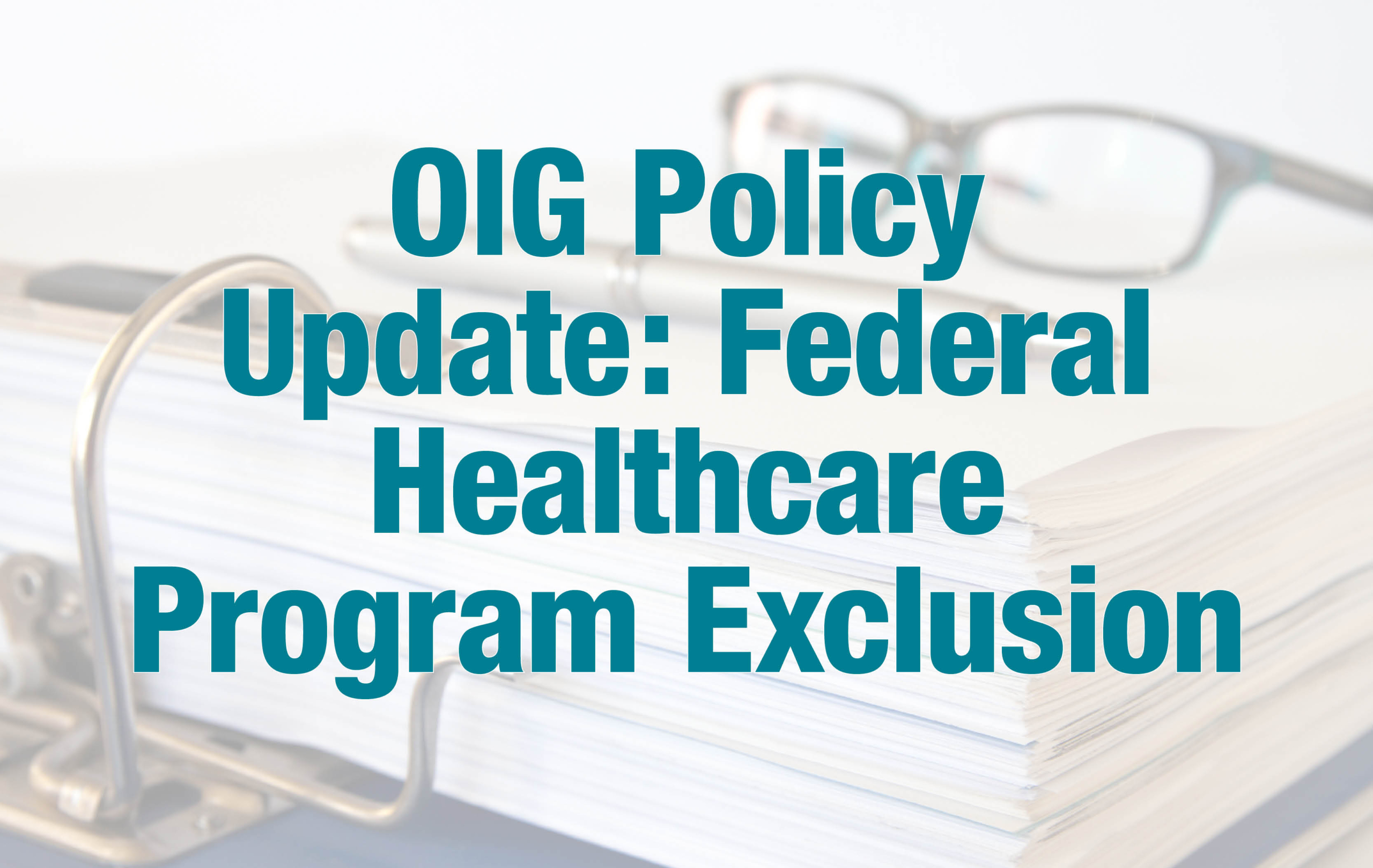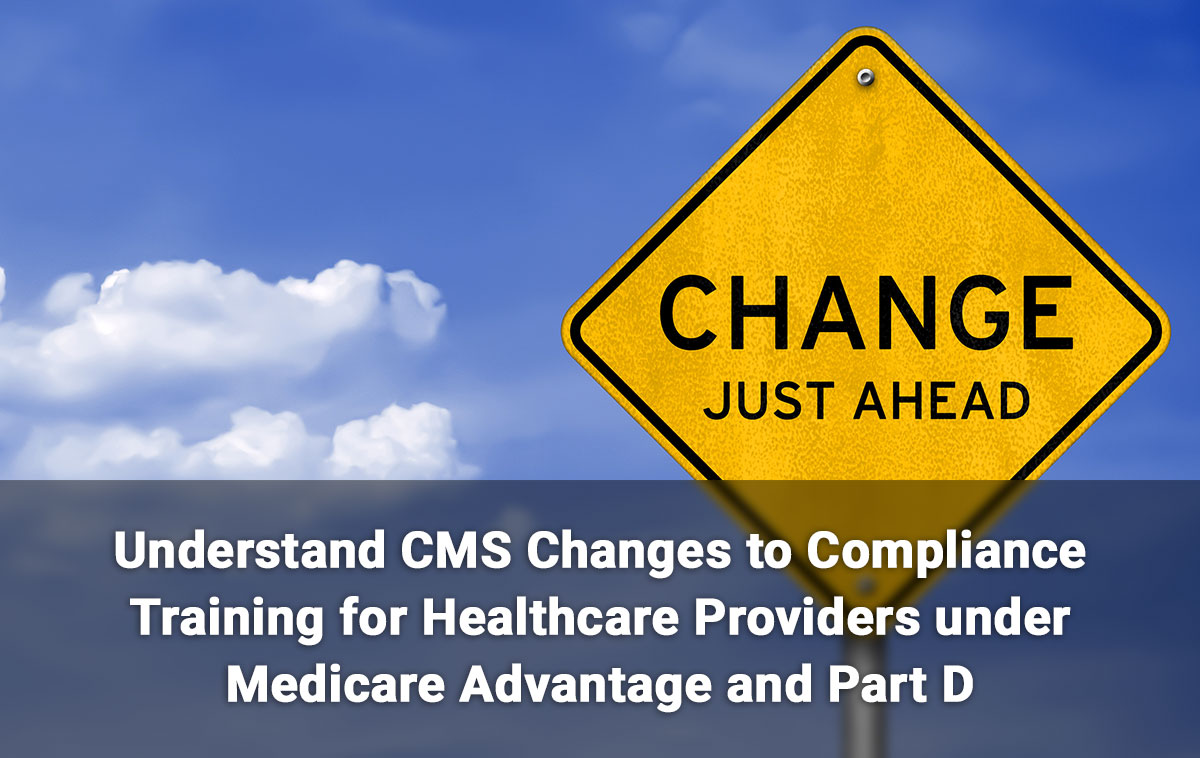Risk Score Fraud in Medicare Advantage Plans
Medicare Advantage (MA) plans may be doing just what the name says- taking advantage of Medicare. It is highly unlikely that this was the intention in 2003 when MA plans were created by nongovernment entities using a capitated managed care reimbursement approach. The amount of Medicare reimbursement to the MA plan is fixed and calculated from the health risk scores of eligible beneficiaries. Unfortunately, many of these risk scores have been falsely inflated to increase reimbursement. Since 30% of the total Medicare population is covered under MA plans, also know as Medicare C, the potential amount of risk score fraud is staggering.
The risk score is determined by the list of diagnoses of the beneficiary, necessary treatments, and expected outcome. So, the sicker the patient is, the higher the reimbursement amount will be set. However, in many cases, the beneficiaries may be much healthier than their documented MA risk score. In 2014, the analysis of MA enrollment data from 2007 -2011 by the Center of Public Integrity demonstrated that MA risk scores rose much faster in certain areas nationwide. Subsequently, the GAO report from April 2015 estimated $12 billion in overpayments to MA plans in 2014 and $70 billion in overpayments for the previous five years. In response, Senator Claire McCaskill and Senator Chuck Grassley sent letters to the Center for Medicare and Medicaid Services (CMS) in May 2015 requesting action be taken to address this ongoing fraud and abuse in the MA plans, noting a recent NPR report of six whistleblower lawsuits since 2010 alleging inflated Medicare risk scores. The Senators requested a need for CMS to improve its auditing practices and implement safeguards to reduce further risk score fraud, waste and abuse. (Julia Leo, Esq. Medicare Advantage Plans and Risk Score Fraud, HBMA Billing March/April 2016).
Although no formal response has been made to either of the Senators’ letters, CMS appears to be listening and is taking action. CMS is considering expansion of the RAC program to include Medicare Part C. Even more suggestive of a sudden increase in upcoming audits is evidenced by the OIG Work Plan 2016 under targeting of wasteful spending – “assess the accuracy of Medicare payments to Medicare Advantage plans” and the need for program integrity oversight.
Needless to say, these audits are coming soon and even sooner to the areas designated as outliers, those with especially high risk scoring levels. Therefore, providers must ensure that medical record documentation accurately reflects the diagnoses submitted to Medicare as the basis of the risk score. In addition, all face-to-face encounters need to be adequately documented and all diagnoses should be updated to reflect the beneficiary’s current status and condition.







